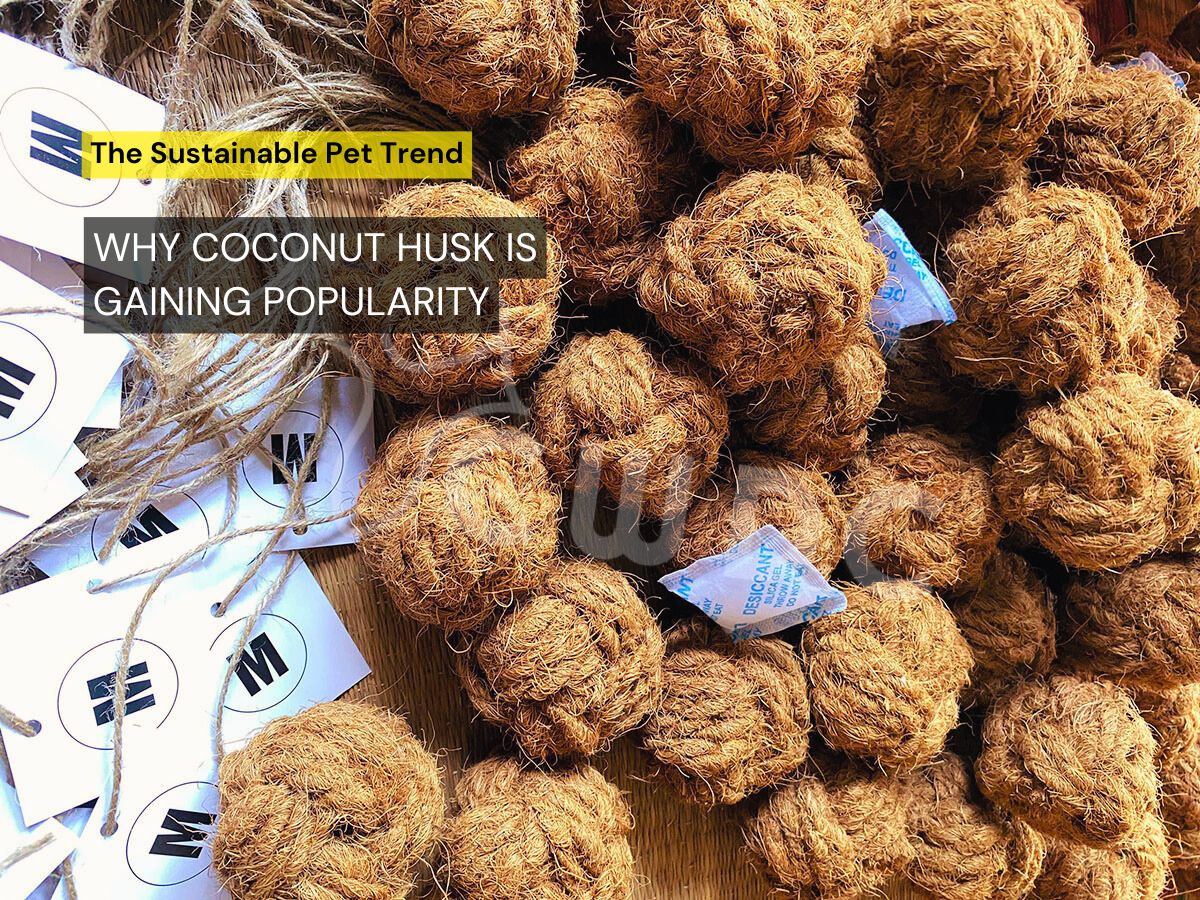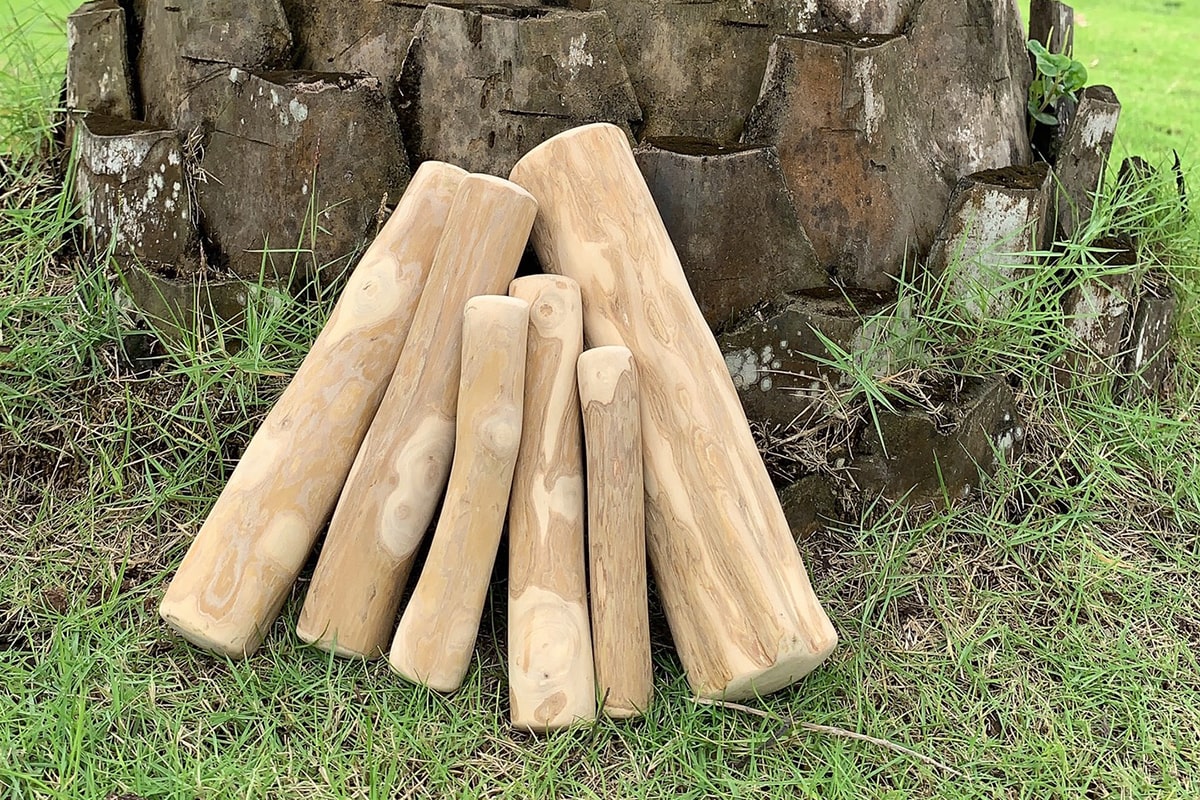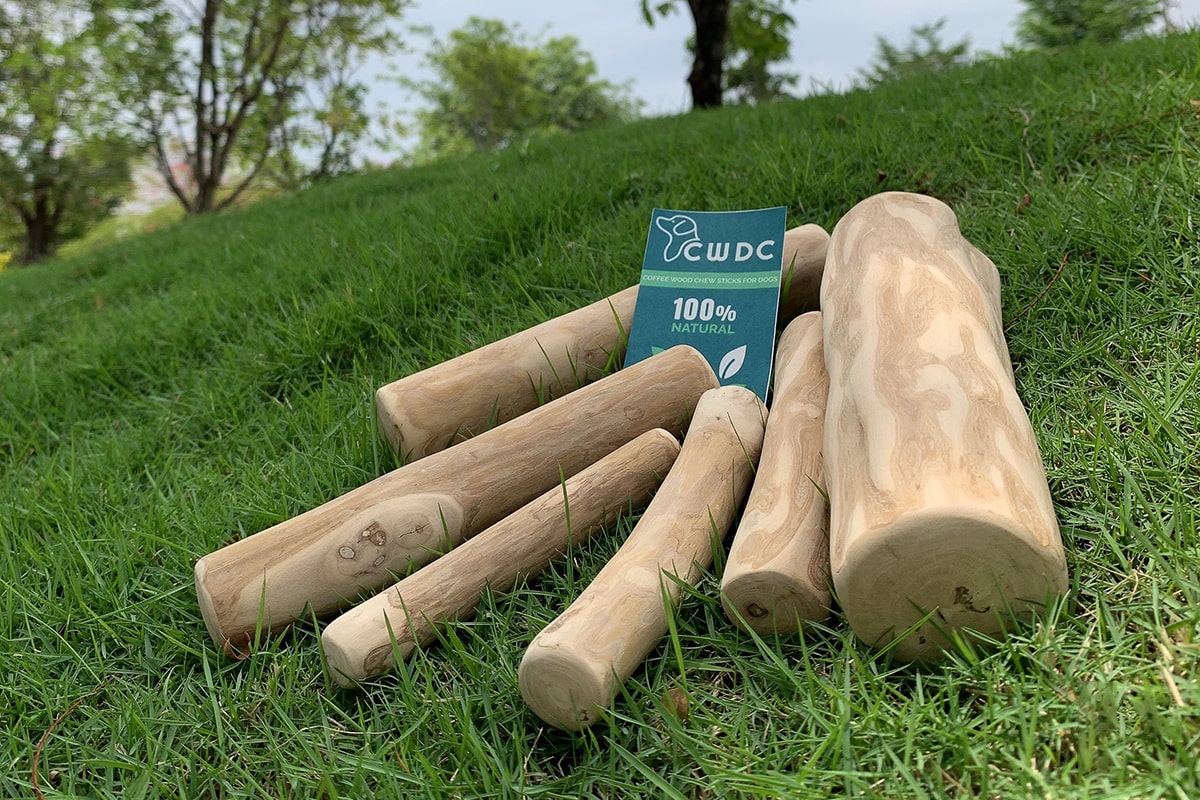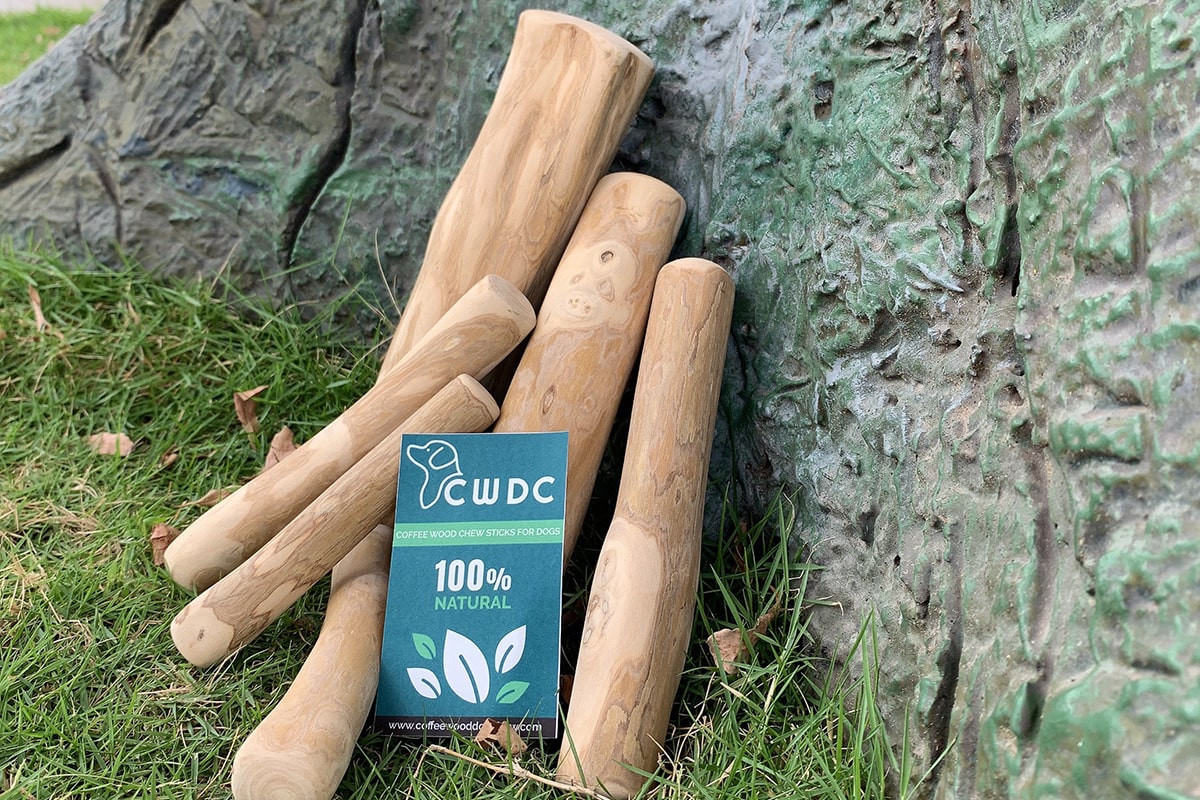In a world increasingly focused on sustainability, pet owners are joining the movement by choosing eco-friendly products not just for themselves, but for their furry companions too. Among the most exciting developments in this space is the rising popularity of coconut husk, a natural, biodegradable material that’s transforming the way we think about pet toys. Durable, non-toxic, and environmentally responsible, coconut husk is becoming a favorite material for conscious pet brands and dog owners alike. But what exactly is coconut husk, and why is it leading a new wave of sustainable pet care?
1. What Is Coconut Husk?
Coconut husk is the rough, fibrous outer layer of the coconut fruit. It’s typically discarded as agricultural waste during coconut harvesting, but its tough and resilient texture makes it ideal for repurposing. When processed correctly, the fibers, known as coir, can be woven, braided, or molded into pet-friendly products such as chew toys, balls, ropes, and bones.
2. A Natural Alternative to Plastic and Nylon
Most conventional dog toys are made from plastic, synthetic rubber, or chemically treated fabrics. These materials may be inexpensive and long-lasting, but they come with major downsides:
- They can break into sharp pieces that harm pets.
- They’re often made with dyes or additives that can be toxic.
- And most critically, they contribute to plastic pollution and landfill waste.
Coconut husk, in contrast, is entirely plant-based, safe if ingested in small quantities, and naturally decomposes over time, leaving no harmful residue behind.
3. The Rise of Eco-Conscious Pet Owners
Today’s pet owners are more informed and values-driven than ever before. Many consider their pets family members, and they want products that align with their broader values around health, wellness, and sustainability. According to pet industry reports, demand for eco-friendly, ethically made pet products has grown significantly over the past five years.
Coconut husk meets these expectations beautifully:
- It’s renewable, coconuts are grown abundantly across the tropics.
- It reduces waste, by turning a byproduct into a usable good.
- It avoids harmful chemicals, coconut husk products are often made with minimal processing and no additives.
- It supports circular economies, especially when sourced from small-scale, ethical producers in coconut-growing regions.
4. Benefits for Dogs and the Environment
From a pet’s perspective, coconut husk toys offer several advantages:
- Textural satisfaction: The coarse, fibrous surface is appealing for chewing and gnawing.
- Dental benefits: The natural abrasiveness helps clean teeth and massage gums.
- Mental stimulation: Toys made from coconut often require effort to shred or manipulate, keeping dogs engaged longer.
- Digestive safety: Unlike plastic shards, coconut fibers pose far less risk if accidentally swallowed in small amounts.
Environmentally, the production of coconut-based dog toys uses far less energy and water than producing synthetic toys. Additionally, once the toy reaches the end of its lifespan, it breaks down naturally in composting or landfill environments.
5. Popular Coconut Husk Pet Products
The most popular forms of coconut husk pet toys include:
- Coconut Husk Balls: Durable and bouncy with a rugged surface for heavy chewers.
- Coconut Coir Rope Toys: Braided or knotted rope toys ideal for tugging and chewing.
- Coconut Coir Bones: Bone-shaped toys with dense texture and no artificial binders.
- Coffee Coco Chews: Hybrid chews that combine the benefits of coffee wood and coconut coir for a more exciting chewing experience.
These toys not only look natural, they also smell earthy and pleasant to dogs, encouraging repeat use and reducing the likelihood of destructive chewing elsewhere in the house.
6. Coconut Husk vs. Other “Natural” Materials
While other natural toy materials like cotton, jute, and hemp are also eco-friendly, coconut husk stands out due to:
- Its resilience, coconut fiber is one of the most durable plant-based materials available.
- Its grip and texture, dogs love the feel of coir between their teeth.
- Its novelty, coconut-based toys are still relatively new to the market, meaning they offer something different to curious dogs.
And unlike rawhide, which is also marketed as “natural”, coconut husk doesn’t pose the same choking or digestive risks, nor does it rely on harsh chemicals in processing.
7. A Step Toward Greener Living
Adopting coconut husk toys is a small but meaningful way to reduce your environmental footprint while ensuring your pet has access to safe, enjoyable playtime. Supporting brands that use coconut husk and other renewable materials sends a signal to the pet industry that sustainability matters, not just for humans, but for our animal companions as well.
Whether you’re looking for a chew that lasts, a toy that’s non-toxic, or a gift that reflects your values, coconut husk-based toys check all the boxes. They’re more than just a sustainable choice, they’re a smarter, safer, and more responsible one.
Related Posts:
- Why CWDC Vietnam Believes Coffee Wood Dog Chews Will Be the Most Sought-After Toy in the Coming Years?
- The Future of Sustainable Pet Products: Why Coffee Wood Chews Are Leading the Way
- The Economic Value of Aged Coffee Wood and Its Rising Demand
- Are coffee wood chews safe for dogs ? A Comprehensive Look
- How CWDC Vietnam Competes with Other Players in the Coffee Wood Dog Chew Industry
- Scarcity of Aged Coffee Wood and Its Effect on Industry Competition









